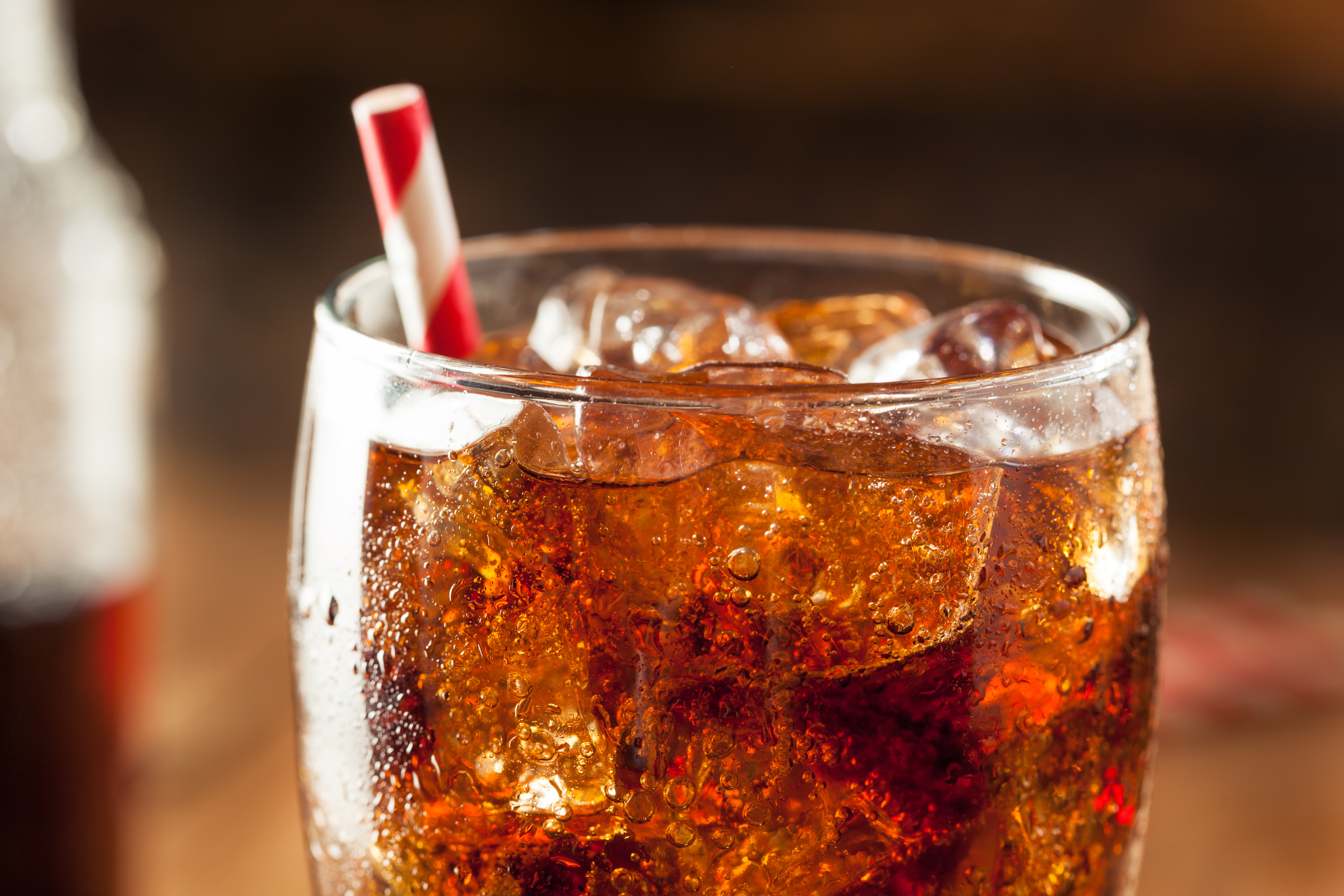Part of the Food Policy Snapshot Series
Policy name: Ban on free drink refills, and fixed price drinks, with added synthetic sugars or sweeteners
Location: France
- Population: 66 million
Food policy category: Health and nutrition
Program goals:
- To limit the risks of obesity, overweight and diabetes among the French population
Program initiation
- Approved by Parliament in April of 2015 and became law in January 2016
- Enforcement of the law began in January of 2017
How it works
Any establishment that serves beverages and is open to the public is prohibited from offering free sugar-sweetened beverages, or unlimited quantities of sugar-sweetened beverages at a fixed price. This includes restaurants offering free refills upon request, or food service establishments offering unlimited self-serve beverages.
The law does not only apply to restaurants. Businesses that primarily sell other products and offer refreshments are also affected. Home improvement store IKEA, for example, had to remove its soft drink fountains to comply with the law.
The legislation applies to all beverages, carbonated and uncarbonated, that contain added sugars or synthetic sweeteners. This includes sodas, sweetened vegetable and fruits juices, sweetened milks, sports drinks and energy drinks.
The law also stipulates that free or unlimited fixed price sugar-sweetened beverages cannot be served in schools or any other establishments that are dedicated to serving or accommodating minors.
Food establishments and other businesses that violate the law can be prosecuted.
Progress to date
Businesses have had one year to change their menus and set-ups to comply with the regulations. Some businesses have removed self-serve beverage stations, while others have employed technology to prevent people from getting free refills.
Five Guys, for example, has added microchips to their cups. If a customer tries to get a refill, the fountain will get a signal from the chip that tells it to turn off.
This law is the latest measure enacted by France to reduce the consumption of sugar sweetened beverages. The country enacted a tax on sugar-sweetened beverages in 2012. France also banned vending machines that sell sugar-sweetened beverages from schools back in 2004.
Why the program is important
Research has shown that there is a correlation between consuming sugar-sweetened beverages and obesity. A 2001 study of about 550 children found that an increase in consumption of sugar-sweetened beverages was associated with an increase in BMI.
A similar study done in 2004 on adult women found that an increase in consumption of sugar-sweetened beverages was associated with greater weight gain as well as an increased risk of developing type 2 diabetes.
The New England Journal of Medicine published a health policy report in 2009 concluding that taxing sugar-sweetened beverages would likely reduce consumption of those beverages, thereby improving public health.
Evaluation
France’s obesity rate, 15.3 percent, is already slightly lower than the European Union average of 15.9 percent, but it is unclear whether that can be attributed to French legislation designed to limit consumption of sugar-sweetened beverages.
Although there is ample data to support the theory that sugar-sweetened beverages contribute to obesity, it is unclear whether restricting consumption of sugar-sweetened beverages actually reduces obesity rates. A 2012 study that examined the effects of banning sugar-sweetened beverages in middle schools found that the bans did not reduce overall consumption of said beverages.
Another study done in 2010 on soft drink taxation in the United States found that while the taxes did reduce reduce soft drink consumption among youth, that reduction was offset by greater consumption of other high-calorie beverages. Therefore, obesity levels were not reduced.
Whether France’s ban on free refills will be more effective than previously studied policies restricting sugar-sweetened beverages remains to be seen.
Learn more
https://www.legifrance.gouv.fr/affichTexte.do?cidTexte=JORFTEXT000033922943&dateTexte=&categorieLien=id
Similar practices
- Numerous countries have enacted taxes on sugar-sweetened beverages, including Mexico, Hungary, Norway, Ireland, and the United Kingdom
- In 2012, the New York City Council approved a law to ban the sale of soft drinks greater than 16 oz in restaurants, but the law was struck down by a court in 2013.
References
https://www.telegraph.co.uk/news/2017/01/27/france-enacts-ban-unlimited-soda-drinks/
https://www.bbc.com/news/world-europe-38767941
https://www.sciencedirect.com/science/article/pii/S0047272710001222


